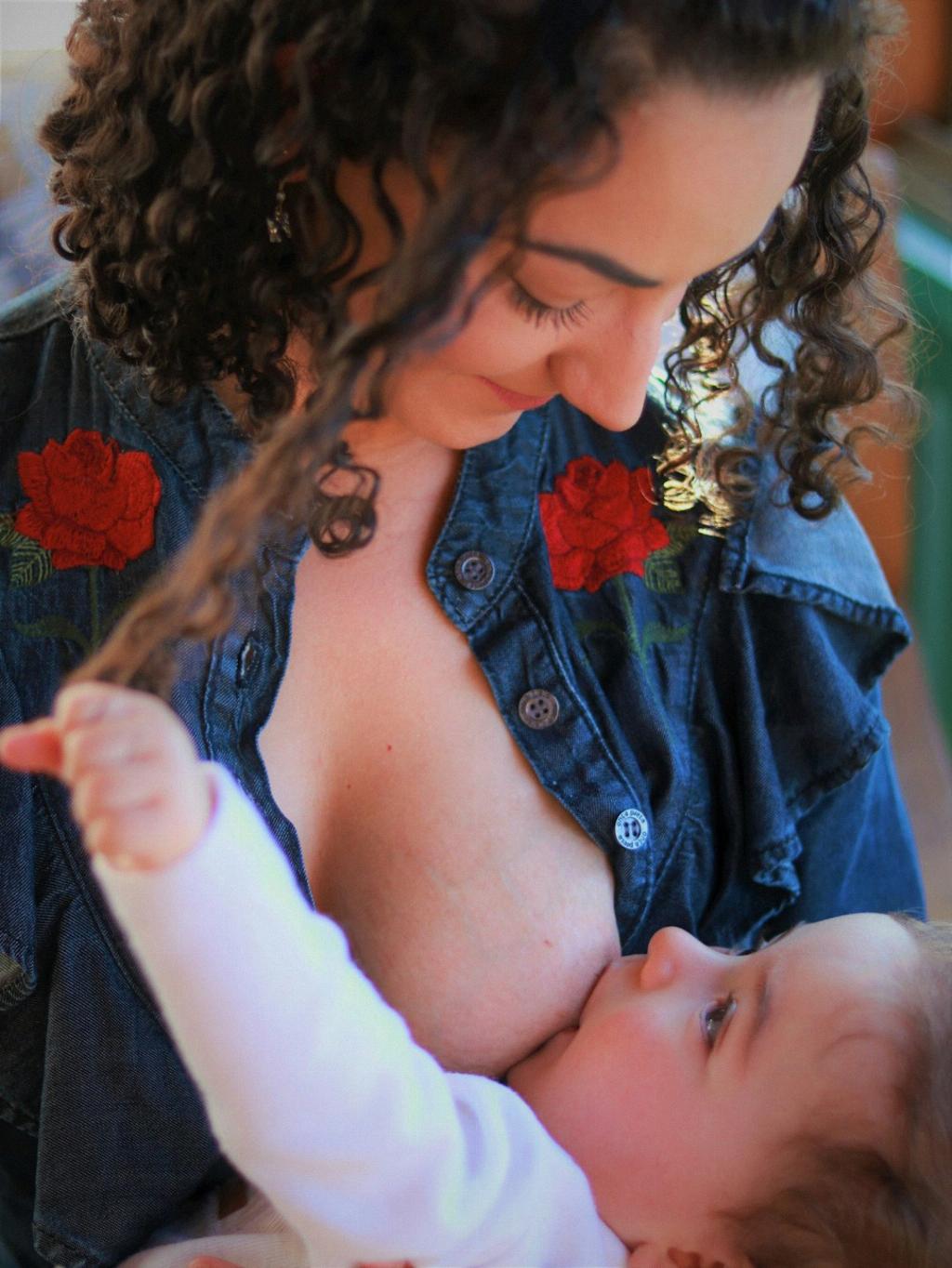It can be quite alarming when your baby seems to be throwing up a lot of breast milk. You may start to wonder what’s causing this and how you can help your little one feel better. It’s essential to pay close attention to your baby’s feeding habits and any other symptoms they may be experiencing.
Possible Reasons for Excessive Vomiting
There are several reasons why a breastfed baby may be throwing up frequently. One common cause is overfeeding. If your baby is nursing for extended periods or nursing too frequently, they may be taking in more milk than their tiny stomach can handle, leading to excess spitting up.
Helpful Tips for Managing Vomiting
If your baby is spitting up a lot of breast milk, there are some strategies you can try to help reduce the frequency of these episodes. It is crucial to burp your baby frequently during feedings to release any air trapped in their stomach, which can contribute to vomiting.
Adjusting Feeding Practices
To address excessive vomiting, you may need to adjust your feeding practices. It’s essential to monitor how long your baby nurses and how frequently they feed. Following the advice of reducing the amount per feeding can help prevent your baby from becoming overwhelmed and vomiting excessively.
Managing Feedings After Vomiting
After your baby has vomited, it’s important to give their stomach some time to settle before resuming feedings. The guidance of nursing for shorter periods at more frequent intervals can help prevent your baby from spitting up large amounts of breast milk.
Observing Your Baby’s Symptoms
Keep a close eye on your baby’s behavior and any other symptoms they may be displaying. If vomiting persists despite adjusting feeding practices and other interventions, it may be necessary to seek advice from a healthcare provider to rule out any underlying issues.
Seeking Medical Advice
If you are concerned about your baby’s vomiting and suspect that it may be due to an underlying medical condition, it’s crucial to consult with a healthcare provider. They can evaluate your baby’s symptoms and provide guidance on the best course of action to help your little one feel better.
Supporting Your Baby’s Digestive Health
Promoting good digestive health in your baby can help reduce the occurrence of excessive vomiting. Ensuring that your baby is properly burped during feedings and keeping them in an upright position after eating can help prevent milk from coming back up.
Being Mindful of Your Feeding Practices
Being mindful of how you feed your baby and adjusting your practices as needed can make a significant difference in managing vomiting episodes. By following the suggested guidelines for reducing the amount per feeding and spacing out nursing sessions, you can help your baby digest more comfortably.
Monitoring Your Baby’s Progress
As you make changes to your feeding routine and implement strategies to reduce vomiting, it’s essential to monitor your baby’s progress closely. Keep track of how often they spit up and any other symptoms they may be experiencing to determine the effectiveness of your interventions.
Remaining Patient and Supportive
Dealing with a baby who is vomiting frequently can be challenging, but it’s essential to remain patient and supportive throughout the process. By taking steps to address the underlying causes of your baby’s vomiting and seeking guidance from healthcare providers when needed, you can help your little one feel more comfortable and secure.
Conclusion
In conclusion, excessive vomiting of breast milk in babies can have various causes, including overfeeding and other digestive issues. By adjusting your feeding practices, monitoring your baby’s symptoms, and seeking medical advice when necessary, you can help your little one feel more comfortable and reduce the frequency of vomiting episodes.

